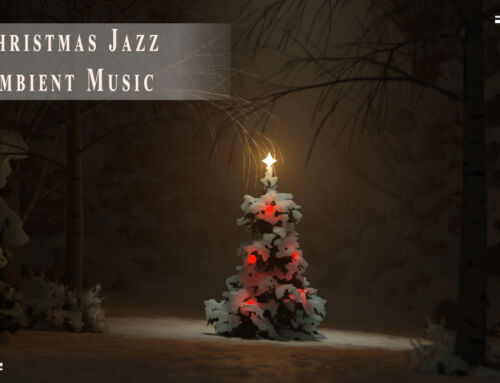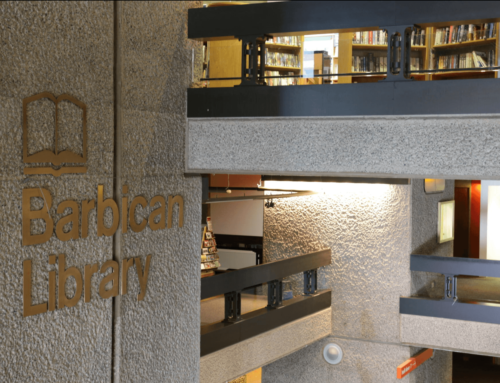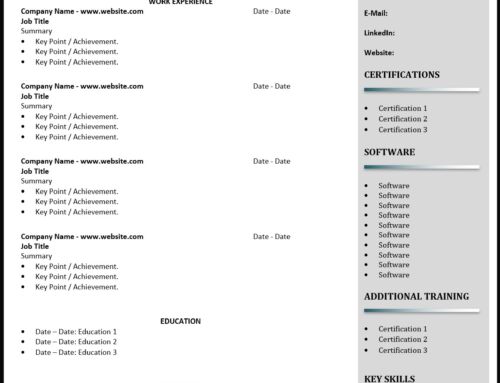Stress, anxiety, pressure; graduates are going through an emotional roller coaster as they try and clamber on to the first step of a career ladder in the wreckage of an employment market badly hit by the pandemic.
When I first applied to my MSc. in politics and communications, I was promised that a degree from the London School of Economics and Political Science would open several doors when it came to securing a job. The coronavirus has left me disheartened and feeling disenfranchised.

With the rising cost of tuition fees in the UK already making university inaccessible to many and those that go leaving with huge debt, bleak employment prospects have made it even harder to come to terms with the expenses of higher education.
The Keep Britain Working Job Index, found that graduate opportunities have dropped by 80% since January and apprenticeships have fallen by 34%. This has intensified competition for available roles and is delaying graduates from kick-starting a career.
Searching for a role in content marketing has been difficult to say the least; many organisations offer unpaid internships that can only be accepted by those who can afford it while entry-level roles now demand a long laundry list of personal specifications that most graduates won’t have. Going freelance is no longer a feasible ambition; the furlough scheme excludes many of these creatives from job support, providing little protection from the economic impacts of lockdowns.
Friends who are aspiring journalists are watching as media organisations slash their work forces to save money at a time when reliable reporting is vital. For those trying to achieve their writing aspirations, positions are being merged; be a content writer, but mostly be a PA and a receptionist for less than London living wage. With government advice and support being less than forthcoming, many graduates feel abandoned.
Graduating from university is meant to be an exciting time, the chance to pick a career path and shape your future.
I spoke with Kim Carragher, an English literature and creative writing graduate from the National University of Ireland, Galway about her experience;
“Entering COVID lockdown in my final year was nothing short of a disaster. The previous year was project based – one semester of prose and one of poetry. The kicker was that class was held only two hours each week. The lack of structure did wonders for my self-discipline, of course, removing it from existence.
COVID ramped up the pressure tenfold. Only this time, I also had no access to the university library – both a fundamental research resource and a much-needed change of pace to offset my growing lethargy.
But, despite the odds, I graduated. When the hopelessness faded, I expected some sort of reprieve. Ireland was loosening its lockdown rules, clouds were parting. Instead… job after job after job rejected me, from May till right now, and I was housebound on top of it. No money or car makes me reliant on my parents for anything.”

Felix Arthur-John Nobes, a journalism graduate, also shared his experiences on graduating during this pandemic.
“It’s been tough. I thought doing a masters would have made finding a job easier this time. It didn’t. I’m someone who wanted, at all costs, to avoid compromising my principles on my job search. In the end, I narrowly avoided that by taking a job in political research. But I want to be a journalist, and will stop at nothing to eventually become one. A COVID-19 induced sabbatical will have to do for now.”
The frustrations faced by graduates seeking careers in writing will not be allayed any time soon.
Another lockdown has been sprung upon the unsuspecting British public and so much uncertainty remains as we approach Christmas. Businesses are closing, staff are being furloughed and many organisations are unsure of whether they will survive to ring in 2021. Rishi Sunak has changed his rhetoric from jobs retention to jobs support, singling out jobs that are ‘viable’ and therefore, worth protecting. Positions in writing are not likely to meet the criteria set by the Chancellor.
Young people are often the first to go when it comes to redundancies; 156,000 more 16-24 year olds are finding themselves unemployed compared to June. Trawling through job listings, I see fewer and fewer vacancies for writing roles and any hope for a slow job market recovery is fading as the number of opportunities contract. A report by the ONS found that despite a record increase in job vacancies between July and September 2020, the number of available positions is 41% lower than last year. This figure could grow with the second lockdown.
The Office for Budget Responsibility also published an analysis listing potential scenarios for unemployment rates; In the best case scenario, the unemployment rate reaches a high of 9.7% (currently at 4.5%) by year-end before recovering to pre-crisis levels in 2022 while in the worst-case scenario, it rises to 13.2% and remains at 6.3% by 2024. We can only hope that calls for the government to provide greater support for young people and the creative industry are heard.
However, assuming all goes well, the economy will pick up and there will be growth (even with a bumpy road ahead) that will return the UK to a similar position as before the pandemic and finding roles in writing has never been the easiest of tasks.
One further silver lining is also the potential for personal growth and discovery. Time was a luxury many people could not afford pre-COVID but now these lost opportunities can be reclaimed.
It has never been easier to undertake virtual courses in professional development as e-learning platforms take advantage of people being stuck at home. I finally had the chance to allocate time to expanding my repertoire of skills; I have completed five online certifications in PR, Google Analytics, Inbound Marketing, Content Strategy and Digital Marketing. The Writers Initiative also holds plenty of workshops that give great insights to support you to grow as a writer and to network with people who have the same interests.
Most importantly, I dedicate more time to self-care; I’ve started to improve my mindfulness, learn about new ideas from key thinkers that could help re-build a better society and experiment with hobbies I hadn’t previously had time to try. The pandemic has highlighted the importance of good mental health and positive human connections. This second lockdown will be no different and graduates should try to remember these two pillars as they prepare to weather yet another setback in their career paths.





Leave A Comment